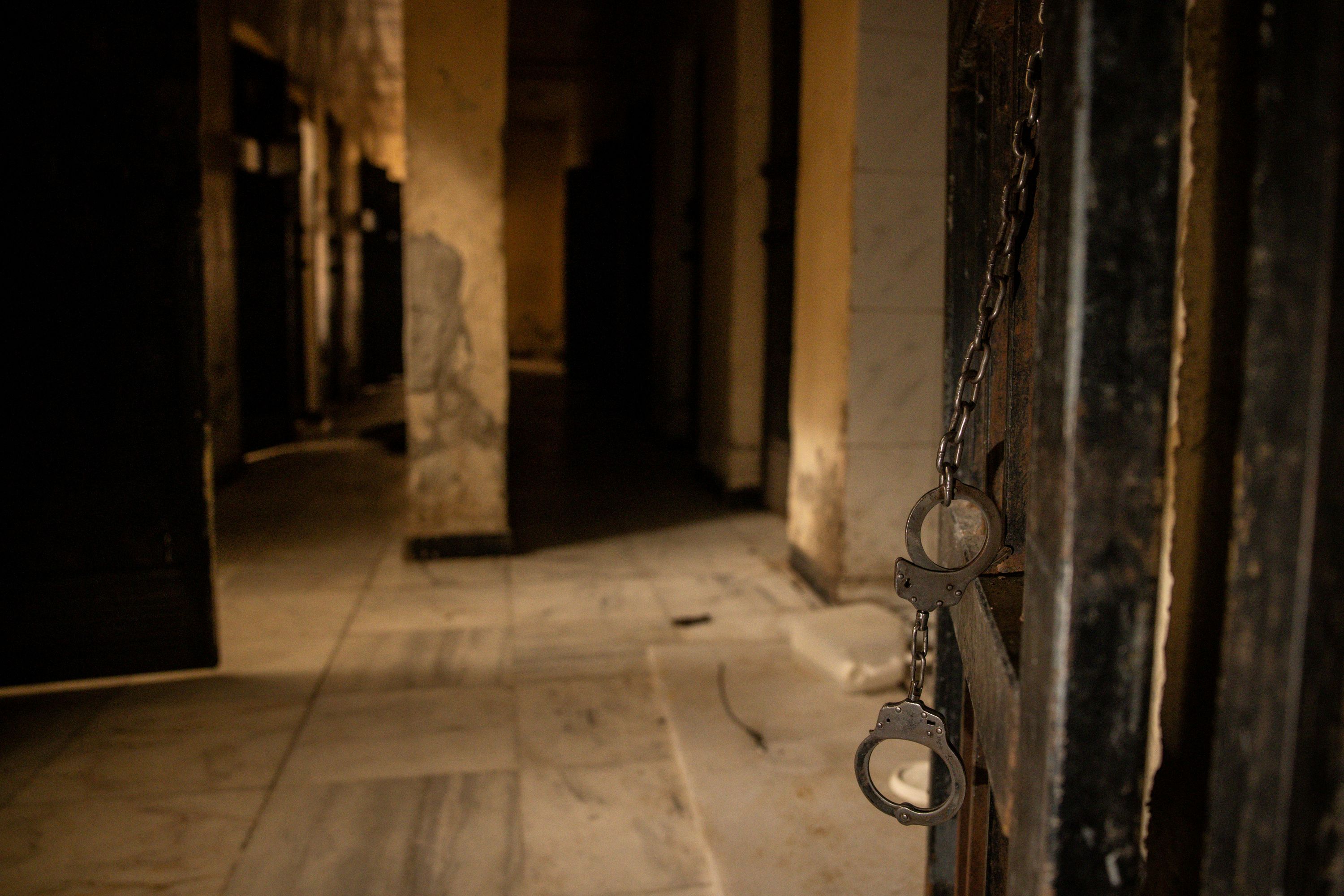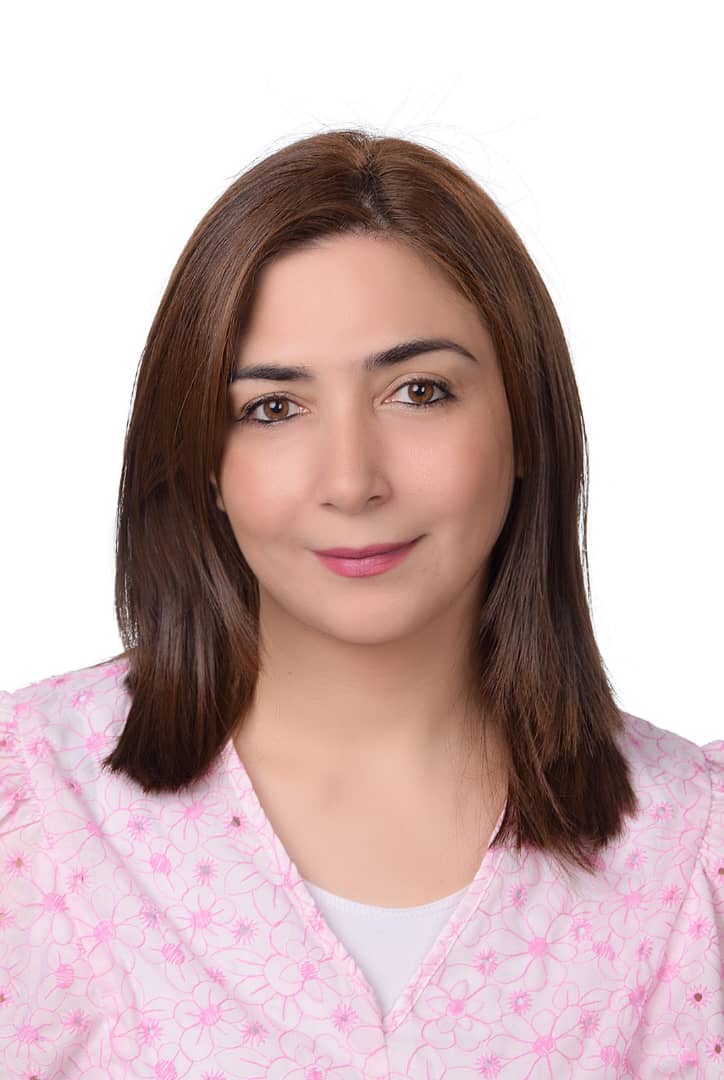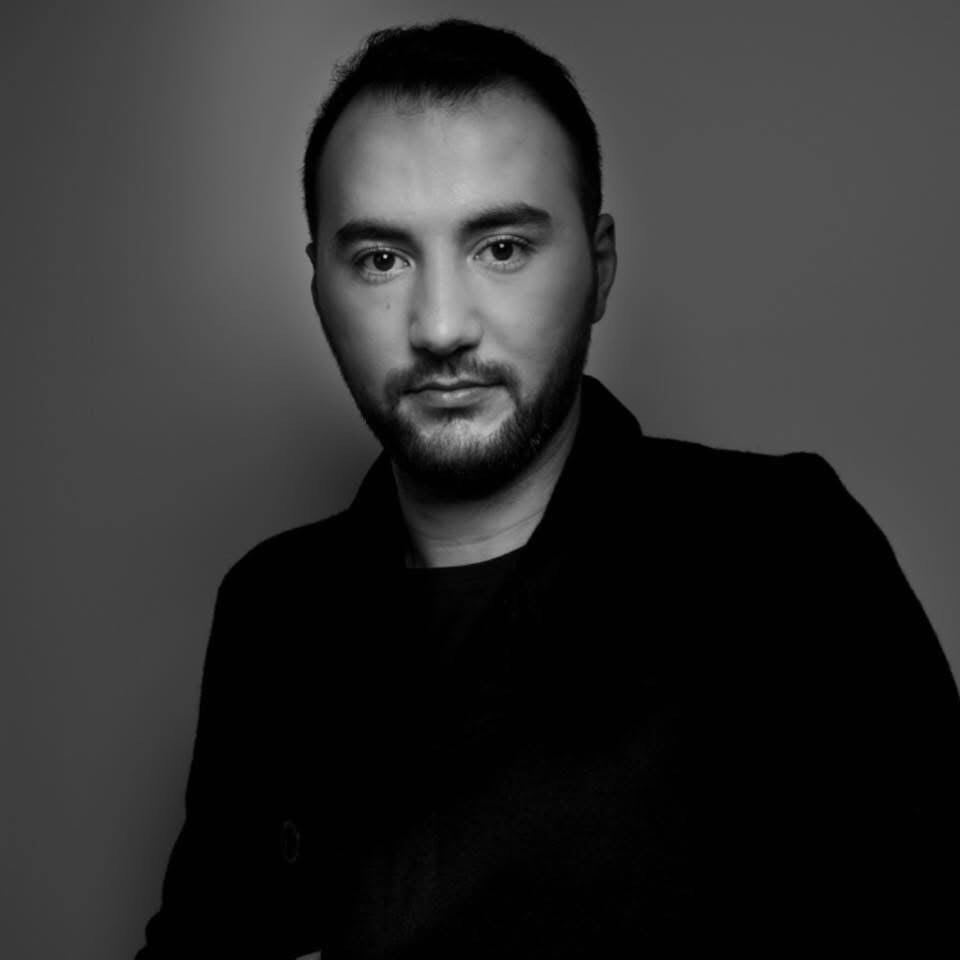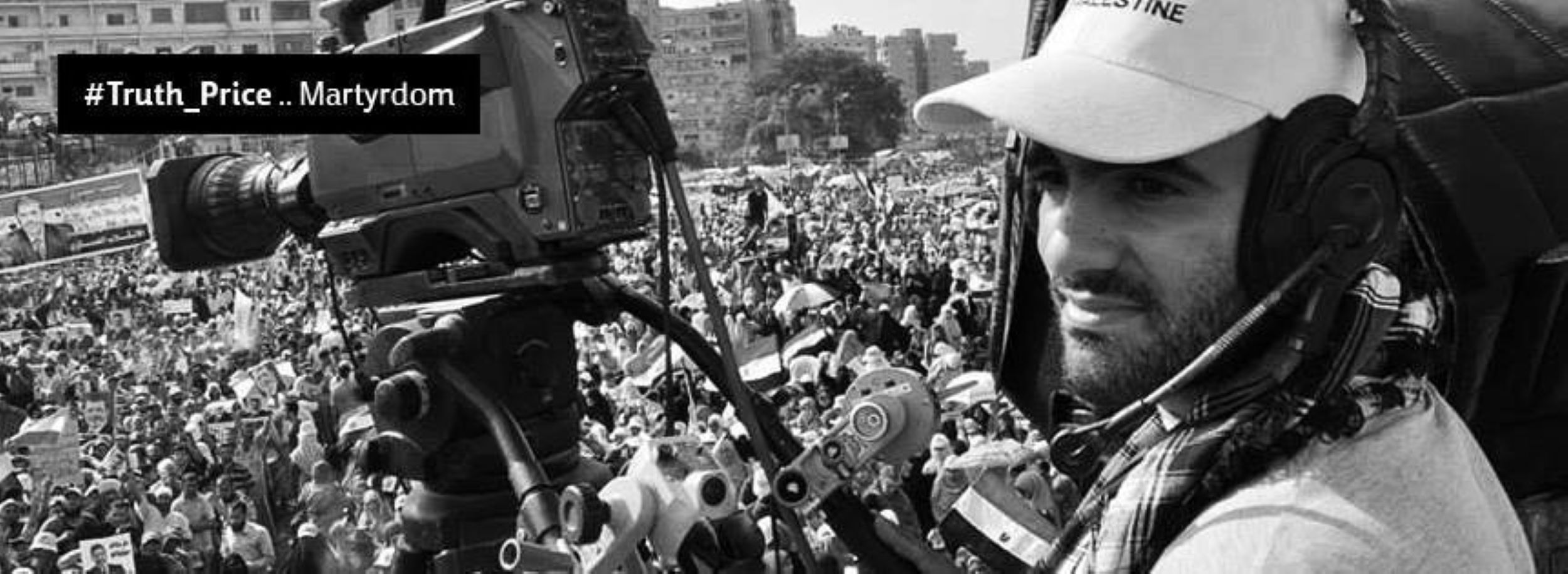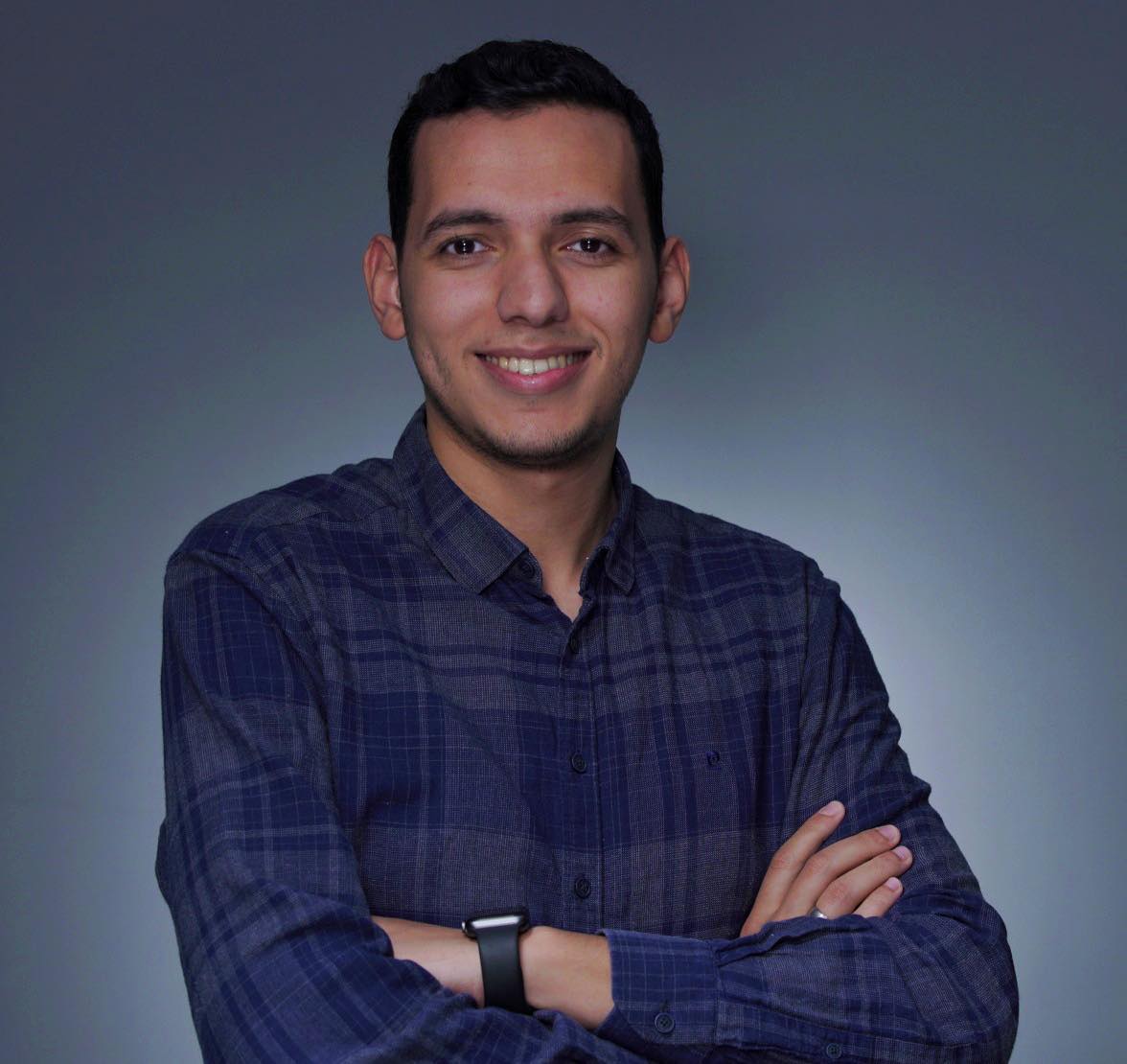This article was originally written in Arabic and has been translated into English with the assistance of AI tools and edited to ensure clarity and accuracy
For more than a decade of the Syrian revolution, the former regime has employed various forms of intimidation against journalists—killing, interrogations, and forced displacement—all for a single purpose: silencing their voices. Mawadda Bahah hid behind pseudonyms and shifted her focus to environmental issues after a "brief session" at the Kafar Soussa branch of Syria’s intelligence agency.
My media journey began in 2006, after graduating from university. I was perhaps one of the lucky graduates who found a stable job opportunity with an acceptable income in Syria, but something spoilt this joy for me and most of my colleagues. The newspaper we worked for was owned by Majd Suleiman, the son of intelligence officer Bahjat Suleiman, and that was a sufficient indication that we would work in light journalism that would not bother anyone and would bring happiness and entertainment to people's hearts.
Something that spoiled this joy for me and most of my colleagues: the newspaper we worked for - which bore the name Baladna - was owned by Majd Suleiman, the son of intelligence officer Bahjat Suleiman, and that was a sufficient indication that we would work in light journalism that would not bother anyone, and would perhaps bring happiness and entertainment to people's hearts.
The matter was somewhat acceptable, and everyone knows that everything is in the hands of a group of people close to the state. Syria 2006 began to present itself in a new way, where insurance companies and private banks opened their doors. Investors began to visit the country and study investment opportunities. As a result, we were busy with these matters. We were secondary in our conversations, based on the principle of not trusting anyone and for fear of a security report being written against us, which might put us behind the sun, as they used to say.
We all knew about the existence of corruption and the crimes committed against prisoners in Tadmur and Sednaya, and we all cried when we heard what happened in Hama and other areas that tried to raise their heads against Assad, but there was no way out.
The year 2010 was a turning point in strengthening this feeling of fear when I participated with several colleagues in a journalistic training organised by an international organisation in Lebanon. We did not know then that the training was under the supervision of the security services, who seemed disturbed by this activity. However, the person who conveyed this information to them could confirm that it was a media training course aimed at teaching new techniques in journalistic editing and photography. This story alone was enough to raise concerns among the security services. Therefore, it was not surprising to witness, after the outbreak of the revolution, the amount of hatred directed by the regime against media professionals and camera operators.
That year, someone from one of the security branches contacted me and asked me to visit them, and I did not know what they wanted or what awaited me. I had no choice but to comply, so I headed with my brother (who remained outside) to the branch located in the Kafr Sousa area, and I remember very well the pain I suffered in my stomach and the trembling that affected my legs. The matter became worse when I handed them my phone and ID at the front door, and I knew that if I was framed, I would not be able to leave, and my family and friends would not be able to see me again. Fortunately, the meeting was just a warning to me not to deal with any other foreign party and to inform them of any new contact with me from this party or other international media outlets. Fortunately, none of them contacted me.
I went with my brother (who remained outside) to the branch located in the Kafr Sousa area, and I remember very well the pains I suffered in my stomach and the trembling that affected my legs. The matter became worse when I handed them my phone and ID at the outside door, and I knew that if I was framed, I would not be able to leave, and my family and friends would not be able to see me again.
Now that Assad and his intelligence branches had fallen, I can openly say that this day was a turning point in my life, as any movement of mine was monitored by me, not by the intelligence. Any crossing of the border was a nightmare, and I was afraid that my name would be included in the lists of those who incurred the anger of the regime. Thanks to God, it did not occur to anyone to add my name.
With the outbreak of revolutions in Tunisia and then Egypt, the voice of the intelligence services whispered in my ear (don't interfere), so I never dared to publish anything on Facebook glorifying these two revolutions, contenting myself with talking about the matter within my close group of friends.
When the revolution approached Syria, my feelings were mixed; could we get rid of the rule of the Assad family and rest from the mountain weighing heavy on our hearts? But at the same time, I was afraid of arrests and crimes that would sweep away millions of innocent people, and this is what happened. I was also scared for myself and my friends, especially since some of them were actually arrested, and just meeting them after a while became a crime that could land a person in prison. I dared not write any political articles or complete media coverage of what was happening. I decided to remain neutral and busy myself with ordinary topics that did not bother anyone. My journalistic work became limited to matters that did not smell of "politics."
Because my journalistic passion cannot die, I would yearn to write and communicate with people from time to time. I published articles on social issues and miscellaneous topics, and it was not easy for me; most of the media outlets I deal with (except for Lebanese news) have an opposition spirit against the Syrian regime. Communicating with them was an accusation, even if it was a simple topic.
Communicating with people and convincing them to talk to an opposition media outlet was challenging. I would reassure them that the topic was straightforward, did not involve any concern, and that we were not discussing politics, but in reality, I was worried. I would often ask the editorial management not to publish my name. In other cases, I would rely on using a pseudonym, mainly when working for Syrian opposition websites.
The strange thing is that even in the case of using another name, we journalists who remained in Syria did not dare to write articles opposing the regime because we were confident that our names would be revealed at any moment. It is safer to talk about people’s daily lives, the problems of expatriates, a little bit of the economy, and topics that do not bother anyone but at the same time reflect the lives of Syrians.
Victory and liberation were delayed a lot, and as time passed, we got acclimated to the imposed situation and began to feel that the Assad family would not budge. The lump in our throats has only grown larger as corrupt sycophants surrounded us. I found my haven in environmental issues and began working on issues concerning Syria. I knew that the environment did not concern Syrians at that time. Still, I considered the process as documentation of the environmental violations taking place, from overfishing and the destruction of forests, animals, and even fish, which are matters that will benefit Syrians later when they regain their freedom and rush to reform their country.
The journalist imprisoned inside me kept trying to move from time to time, so I participated in journalistic training with unpopular entities such as the ARIJ Network, the Siraj Investigative Journalism Unit, and the Awan Media Network, and terror was a companion of every session I attended, especially with the presence of dear colleagues from the liberated areas. Every article I produced was accompanied by anxiety and tension.
I don't know how often I worked hard on journalistic material and published it without a name or those I signed with fake names that I forgot over the years. I don't know how I was able to escape the grip of the security branches and stay alive in my home, but what I know is that life gave me and the Syrians a new opportunity and a new birth after 8 December 2024. We will certainly be worthy of this opportunity and will not waste it again.
I honestly don't know how often I worked hard on journalistic material and published it without a name or those I signed with fake names that I forgot over the years. I honestly don't know how I was able to escape the grip of the security branches and stay alive in my home, but what I know is that life gave me and the Syrians a new opportunity and a new birth after 8 December 2024. We will certainly be worthy of this opportunity and will not waste it again.
